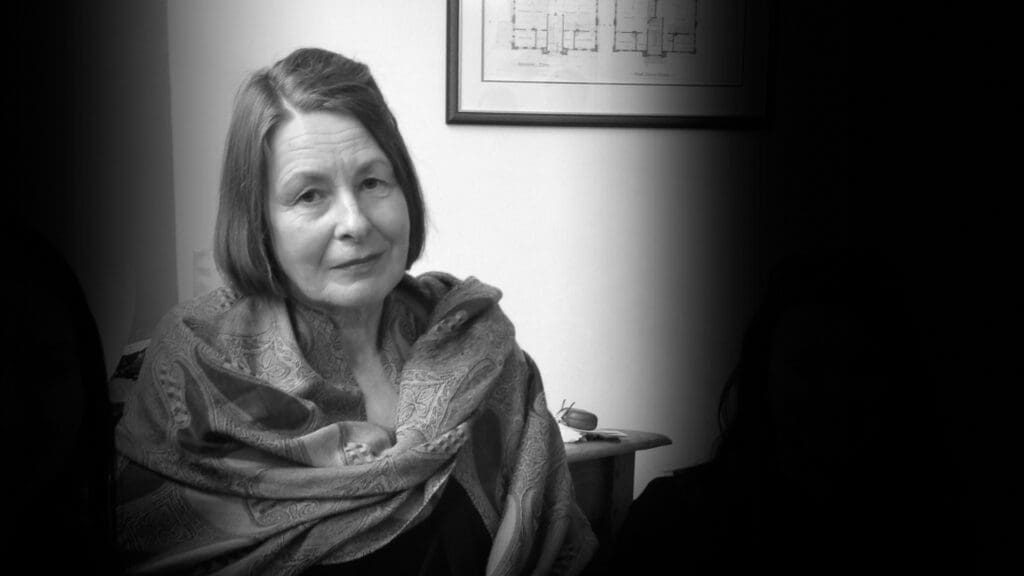UN told of discriminatory rates that Aboriginal and Torres Strait Islander women are locked up
Overnight the United Nations Human Rights Council heard of the alarming rates at which Australian governments are imprisoning Aboriginal and Torres Strait Islander women.
In a joint statement with the Human Rights Law Centre, Antoinette Braybrook, CEO of Djirra, addressed the Human Rights Council in Geneva in response to a UN experts’ report on women deprived of liberty.
“First Nations women are the fastest growing prison population in our country. We are imprisoned at 21 times the rate of other women in Australia.
“Aboriginal and Torres Strait Islander women are being imprisoned for issues relating to poverty, disability, family violence, homelessness and trauma. This must stop, we demand compassion, support and justice,” said Ms Braybrook.
Ms Braybrook outlined a number of urgent actions that Australian governments must take.
“We must see a move away from tough on crime and law and order approaches. Australian governments must halt building new prisons and expanding them. They must stop locking up our people and taking our mothers away.
“Governments must abolish laws that target our people including the law of public drunkenness. The Australian Government must preserve and invest in the Indigenous Legal Assistance Program and National Aboriginal and Torres Strait Islander Family Violence Prevention and Legal Services, not abolish them.”
In their report, the UN Working Group on Discrimination Against Women noted Indigenous women in Australia are overrepresented in prisons, making up only 2.2 per cent of the population of women, but around 34 per cent of women in prison.
In response to Ms Braybrook’s statement, the Working Group identified the need to include an intersectional approach in any gender equality framework.
Edwina MacDonald, a Legal Director at the Human Rights Law Centre, who is in Geneva for the Human Rights Council session, said the human toll of state and territory governments funnelling thousands of women into prisons is devastating.
“Australian governments must heed the recommendations of the UN Experts. They must put an end to laws and practices that disproportionately affect Aboriginal and Torres Strait Islander women. Australian governments must hear and act on the voices of First Nations women who have the solutions,” said Ms MacDonald.
Read Antoinette Braybrook’s UN statement.
Watch Antoinette Braybrook’s UN statement.
Media contacts:
Djirra (Geneva) – Meriki Onus: +61 499 220 591
Djirra (Melbourne) – Amanda Bresnan: +61 448 060 7657
HRLC (Geneva) – Edwina MacDonald: +41 779 531 557; +61 421 472 670 (Whatsapp)
HRLC (Melbourne) – Michelle Bennett: +61 419 100 519
Media Enquiries
Chandi Bates
Media and Communications Manager

Legal challenge filed against Tasmanian Parole Board’s decision to gag free speech
The Human Rights Law Centre has filed legal proceedings on behalf of Tasmanian grandmother, Susan Neill-Fraser, to challenge a restrictive parole condition placed on her by the Tasmanian Parole Board seeking to limit her ability to speak to the media.
Read more
University of Melbourne urged to drop repressive anti-protest and surveillance policies
The University of Melbourne is being urged to abandon policy changes that restrict staff and students’ right to protest and permit the widespread surveillance of people using their wifi network.
Read more
Expanded protections for marginalised groups welcomed in Allan Government’s anti-vilification laws
The Human Rights Law Centre welcomes the additional protections for marginalised groups in anti-vilification laws passed today by the Allan Government. These laws expand protections from vilification to include people from LGBTIQA+ and disability communities, and provide communities with important civil law avenues to address vilification.
Read more


